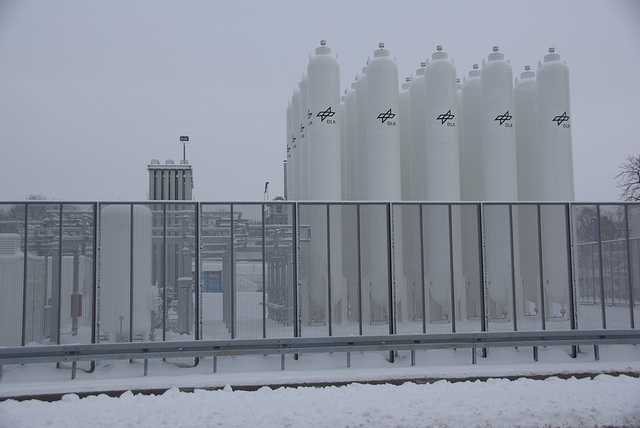
There are many uses for hydrogen. It is highly flammable gas, and for that reason it can be dangerous to use. Hydrogen is the lightest element and can be used as a lifting agent in balloons.
However, due to its flammable property, it is suitable for use as a fuel. The most common use of this element is in chemical processes and reactions. In this article we will discuss all the common uses of this element.
Common uses
Hydrogen is commonly used to create water. This gas can be used for metallic ore reduction. Hydrogen gas is also used by chemical industries for hydrochloric acid production. In addition, the same gas is required for atomic hydrogen welding. The gas is used as a rotor coolant by electrical generators. Many manufacturing plants rely upon this element to check for leaks. The element can be used on its own or with other elements.
Production of ammonia and fossil fuel processing are other applications of hydrogen. Many household cleaning products contain ammonia. Additionally, it is a hydrogenating agent used to change unhealthy, unsaturated fats into fats and saturated oils. Methanol production also uses hydrogen. Tritium, a radioactive isotope used to make H-bombs, is generated in nuclear reactions. In addition, it can be used as a luminous paint radiation source. Bio-sciences use tritium as an isotopic label.
Fuel cells and hydrogen
Because of its high calorific value, hydrogen is often used as fuel. Combustion generates a lot of energy. Furthermore, hydrogen fuel cells generate electricity from hydrogen and oxygen. It is considered as environment friendly, since these electrochemical cells generate only water vapor. Fuel cells are used in submarines, remote weather stations and spacecrafts. It is used as rocket fuel when in liquid form. Deuterium, an isotope used for nuclear fusion reaction in nuclear reactors, is heavy hydrogen.
Use in weather balloons
Scientists are able to use hydrogen with weather balloons, since it is a light element. Weather balloons of meteorologists have this element installed and are fitted with equipment which is necessary to study climate.
Applications in industries
Hydrogen is often used in the paint and fertilizer industries. The element is also used in the chemical and food industries. Hydrogen is used by food industries in order to make hydrogenated vegetable oils, such as butter and margarine. During this procedure, vegetable oils are combined with this element. Solid fat substances can be produced by using nickel as a catalyst. Hydrogen is required for crude oil refinements in petrochemical industry. Many welding companies use hydrogen for welding torches. The torches are utilized for melting of steel. Chemical industries use hydrogen as a reducing agent. In addition, they use them for metal extraction.
Chemical compounds
Hydrogen is used for producing a few chemical compounds. It can be harnessed in other ways, apart from ammonia. Hydrogen can be used to make hydrochloric acids, fertilizers, and an assortment of bases. Methyl alcohol production requires the same element. Methyl alcohol is used in paints, varnishes and inks. Another vital compound is hydrogen peroxide. It is used in a number of ways. The most common use is for medication, since it is included in many first aid kits.
Additionally, it is also used for treating cuts and wounds. Peroxide can be diluted in water, and is a toenail fungus disinfectant. If used as whitewash, it can kill bacteria and germs. This element can be used for canker sores treatment and teeth whitening. Hydrogen peroxide is also used in some non-medical ways, too. For example, it is used in removing stains on clothing, gardens, and functioning as a bleaching agent for cleaning homes.



